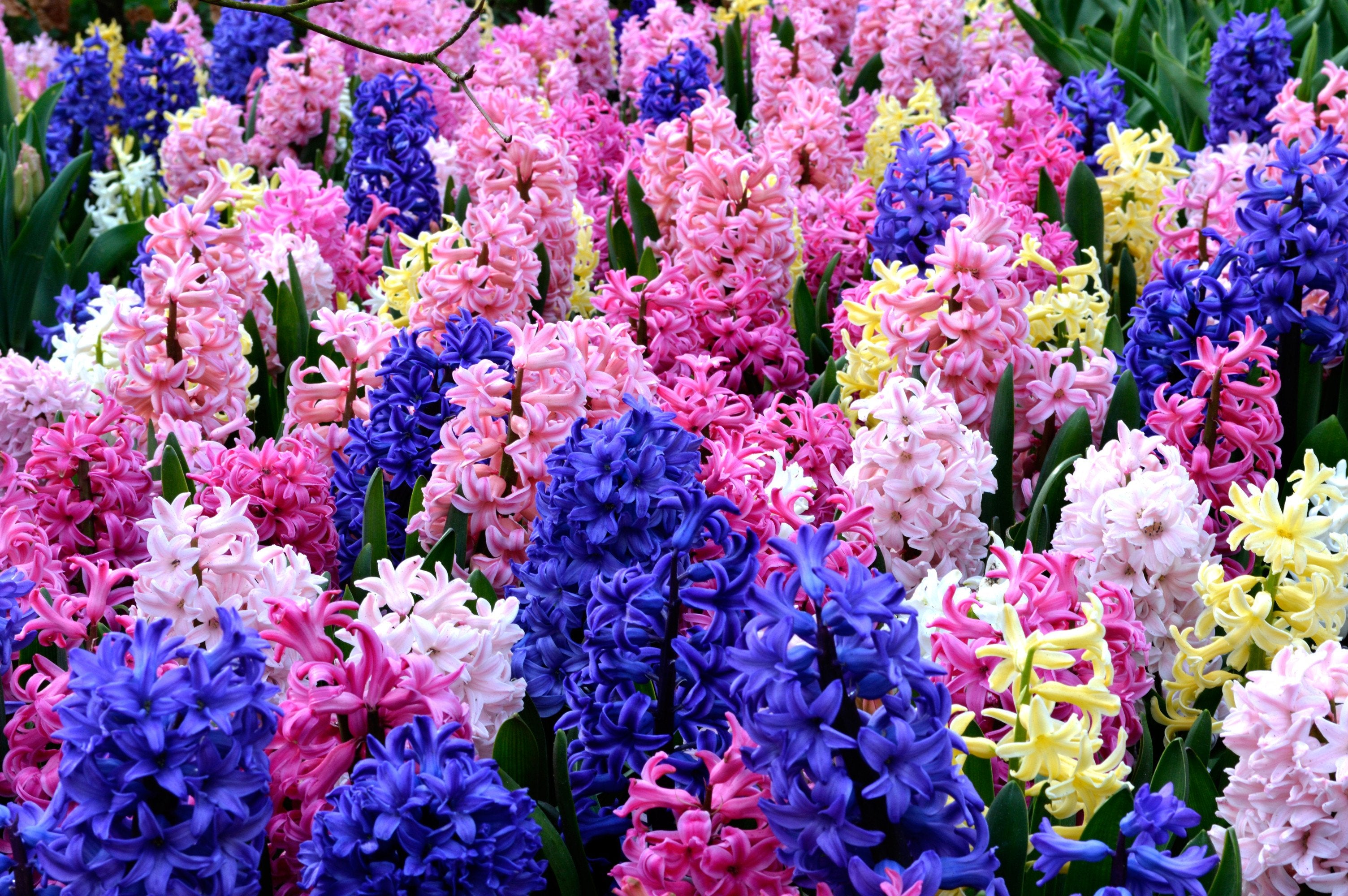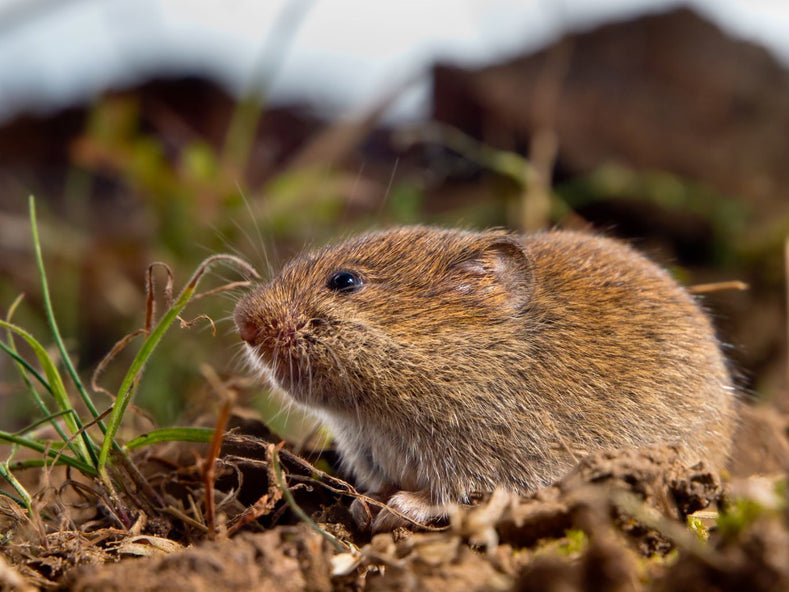Protecting Flower Bulbs from Voles
No more sneaky snackers – protecting flower bulbs from voles
What could be more depressing than putting a lot of work into planting flower bulbs, only to find that the local wildlife have used your garden as their 24/7 all-you-can-eat buffet? Deer and squirrels are the classic culprits, but today we’re going to focus on a lesser-known pest: voles. Who are they, what do they do, and most importantly: how can they be stopped?
Burrowing bulb-eaters
The ancient Chinese general Sun Tzu famously said: “know thy enemy”, a maxim that goes for large hordes of foreign warriors just as much as it goes for tiny rodents intent on eating your bulbs. Like many garden pests, voles are actually quite cute-looking. A relative of lemmings and hamsters, they like to eat small plants, especially the root systems. Another favorite target are bulbs. Voles are excellent at burrowing and tunneling, which gives them full access to the most sensitive parts of the bulb.
How do you protect bulbs from voles?
When protecting flower bulbs from voles, you want to go for a two-pronged approach: planting vole-resistant bulbs, and protecting bulbs that are not resistant. Voles are especially fond of tulips, crocuses and irises. To prevent these bulbs from being eaten, we recommend the following tactics:
An unattractive garden
- Make your garden itself less interesting. Voles create elaborate runways between their burrowing holes. These runways are protected by grass and other plants, which you can remove. Voles like to hide in thick vegetation, so creating 15-foot wide, weed-free buffer areas around your bulb garden will help too.
- Tidy up your messy areas: voles love long grass, dead leaves, plant debris and mulch. You can’t eliminate these areas completely, but you can definitely minimize them and make your garden less appealing.
- If you have bird feeders, locate them away from your flower beds, as the dropped seeds and shells are extremely attractive to voles.
Building barriers
- Create in-ground cages using ½-inch hardware cloth to protect vulnerable bulbs like tulips. Make sure these boxes extend 12” below the ground and 12” above the ground. Ideally the bottom of the bed should be protected as well.
- Cut out the bottom of a plastic nursery pot, place it in a hole and plant the bulb inside. Cover with soil and cover the soil with crushed stones.
- Plant your bulbs besides a walkway against the house or between the sidewalk and the road – there’s not much burrowing to be had in these areas.
- Surround vulnerable bulbs with vole-resistant bulbs - daffodils are especially effective.
- Add sharp, gritty material like ground up shells to the planting hole.
Catch & repel
- It’s easy to catch voles in snap traps. Put the trap in a vole runway and use peanut butter as bait. Check the traps often, and don’t forget that traps can be dangerous to children, pets and other wildlife.
- Cats are great vole-catchers, and owls, hawks, foxes, bobcats, coyotes and some snakes love to eat voles too.
- Castor oil granules or liquid sprays, as well as fox and coyote urine (which you can buy) are said to be effective against voles. However, they need to be reapplied often and might not be effective in the soil itself.

Vole-resistant flower bulbs
If all the tactics above made you feel like protecting flower bulbs from voles is just too much hassle, we have good news: There are some flower bulb varieties that will do all the work for you, simply by not being tasty to voles at all. Snowdrops, Grape Hyacinths and Daffodils are famous for this, but Camassia, Chionodoxa and Fritillaria Crown Imperials are vole-resistant as well.
Protecting flower bulbs from voles with DutchGrown
Do you want a beautiful flower bulb garden that’s unaffected by these sneaky snackers? On our website you’ll find plenty of beautiful, vole-resistant flowers to choose from. Order now and we’ll make sure your favorite flower bulbs will be with you at the perfect planting time.

